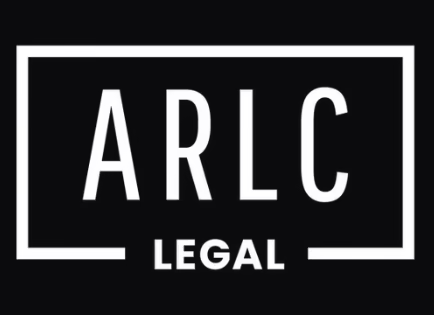In Singapore, one document could decide whether your elderly parent’s hard-earned money, CPF savings, and even their HDB flat remain usable—or locked behind a wall of bureaucracy.
It’s called the Lasting Power of Attorney (LPA).
And for most Muslim families, they only hear about it after it’s too late.
Real Life: Rahimah’s Wake-Up Call
Rahimah’s 78-year-old father suffered a sudden stroke. He never regained full mental capacity.
As she rushed to manage his hospital bills and daily care, reality hit harder than the diagnosis:
- His bank froze all his accounts
- CPF payouts were paused
- She couldn’t legally touch the HDB flat they were both living in
Rahimah had to apply to the Family Court to be appointed as his deputy—a process that took 6 months and cost her over $4,000 in legal fees.
And tragically, she could not access funds to fulfill his unpaid zakat obligations.
All of this could have been avoided with a simple LPA—a document that MUIS confirms is not just permissible, but aligns with Islamic responsibility.
What Is an LPA and Why Should Muslims Care?
An LPA is a legal document that allows a person (the donor) to appoint someone they trust (the donee) to make decisions on their behalf if they lose mental capacity in future.
This could cover:
- Accessing bank accounts
- Managing CPF payouts
- Selling property
- Making medical decisions
- Paying zakat, fidyah, or outstanding debts
Without it, your family has no automatic right to handle your affairs—even if they’re your spouse or children.
MUIS Fatwa: Yes, Islamic LPA Is Allowed
“A person may appoint someone to manage his affairs when he is no longer capable, and this act is valid in Islam.”
— MUIS Fatwa on Lasting Power of Attorney
The fatwa committee ruled that:
- The LPA does not contradict Syariah
- The donee acts as a trustee (wakil), which is permitted in Islam
- It is a precautionary measure, not a sign of lack of faith
MUIS also clarified that making an LPA does not violate tawakkul (reliance on Allah), as Islam encourages preparing for the future responsibly.
The Islamic Case for LPA
1. Amanah (Trust)
Appointing someone to manage your affairs is a trust. Islam holds us accountable for how we protect our family and wealth during all stages of life—including incapacity.
2. Fulfilling the Rights of Dependents
The Prophet ﷺ said:
“It is sufficient sin for a person to neglect those he is responsible for.”
(Sunan Abi Dawud)
Making an LPA ensures your dependents can carry on — without falling into hardship or court battles.
3. Preventing Family Disputes
Clarity is mercy. Without an LPA, families may argue over who makes decisions. With it, there’s no doubt who holds that amanah.
The CPF, HDB, and Zakat Dilemma
Here in Singapore, most elderly Muslims have their money tied up in CPF, HDB property, or bank savings. If they become mentally incapacitated without an LPA:
- Children cannot sell the HDB flat
- CPF funds remain locked
- Zakat, fidyah, or qurban dues may go unpaid
- Even hospital or nursing home bills may be delayed
For those who care about both dunya and akhirah, that’s a serious issue.
So What Should You Do?
This is where working with an experienced professional makes all the difference.
A trusted advisor can help Muslim families plan for the unexpected in a way that respects both Singaporean law and Islamic values — no unnecessary upsells, no confusing terms, just clear, reliable guidance.
Whether it’s helping you:
- Draft a Lasting Power of Attorney (LPA)
- Identify the most suitable donee
- Understand what’s allowed under Syariah
- Or plan your next steps after a diagnosis
They’re ready to support your journey, one well-informed decision at a time.
✅ Free Checklist: Starting Your Islamic LPA Journey
- Who will be your donee?
- Do they understand your religious obligations (zakat, fidyah, debts)?
- Have you discussed this with your family? Are you doing both medical and property LPA?
- Do you know how to file it through Singapore’s Office of the Public Guardian?
Need professional guidance?
Speak to ARLC Legal to set up your LPA with confidence. Their team supports Muslim families with clear steps, from choosing the right donee to filing with the Office of the Public Guardian.
Visit ARLC Legal’s WebsiteGo to a Lawyer for LPA
ARLC Legal — Lasting Power of Attorney for Muslim Families
ARLC Legal advises on Singapore LPAs for Muslim clients with clear, step by step guidance that respects religious considerations. The team helps with donor and donee appointments, mental capacity requirements under the Mental Capacity Act, and submission to the Office of the Public Guardian. Bilingual assistance is available where needed.
Final Word
If we plan for weddings, holidays, and even our child’s preschool — how can we not plan for something as serious as mental incapacity?
Start your LPA now. Not out of fear. But out of faith and responsibility.
Read More!
Is This Life Just a Simulation? Wake Up Before It’s Over




